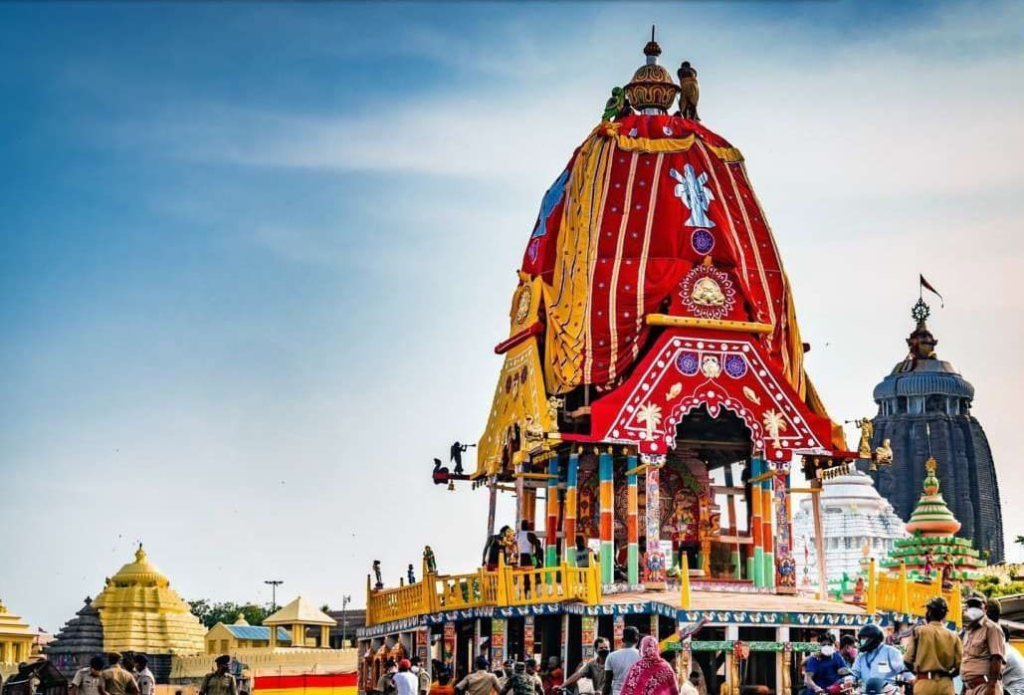
From Puri’s Sacred Streets to the World’s Festive Corners — Discover the Spirit That Moves People and Chariots Alike
📚 Table of Contents
- Introduction: A World United by Celebration
- Rath Yatra – The Divine Chariot of Devotion
- Why Faith-Based Festivals Matter Today
- Chariot Processions Around the World: Sacred on Wheels
- East to West: Major Global Festivals of Faith and Culture
- Shared Themes: Pilgrimage, Procession, and Purpose
- Rituals that Transcend Borders
- The Role of Community in Global Holidays
- Modern Celebrations: From Tradition to Trend
- Final Reflections: The Journey Within Every Journey
1. Introduction: A World United by Celebration
While languages, landscapes, and lineages may differ across nations, one thread ties humanity together: the celebration of faith. Whether it’s the thunderous chant of “Jai Jagannath” during Rath Yatra or candlelit prayers on Hanukkah nights, holidays are how we pause, reflect, and rejoice in something greater than ourselves.
2. Rath Yatra – The Divine Chariot of Devotion
Held in the holy city of Puri, Odisha, Rath Yatra is a dramatic and deeply spiritual procession where Lord Jagannath, along with his siblings Subhadra and Balabhadra, embarks on a divine journey atop colossal chariots.
What makes Rath Yatra special:
- It’s one of the rare occasions when the deity comes out of the sanctum to meet the people.
- Millions of devotees gather to pull the chariots—a symbolic gesture of participating in the divine journey.
- The tradition is over 2,000 years old, blending mythology, architecture, music, and fervent faith.
3. Why Faith-Based Festivals Matter Today
In a world often divided by ideologies, faith-based holidays remind us of the power of unity. These aren’t just dates on a calendar—they are collective breaths of culture, memory, hope, and community.
They offer us:
- A break from the mundane
- A return to values and traditions
- Opportunities to gather, reflect, and rejoice
- Cultural education for younger generations
4. Chariot Processions Around the World: Sacred on Wheels
While Rath Yatra is iconic, the idea of sacred processions is not exclusive to India.
Examples of global faith-based processions:
- Semana Santa (Holy Week), Spain: Devotees carry elaborately decorated statues of Christ and the Virgin Mary in solemn processions.
- Floats of Obon, Japan: During Obon, lantern-lit floats honor ancestral spirits and guide them home.
- Corpus Christi, Brazil & Europe: Streets become stages for spiritual parades featuring relics, music, and devotion.
These festivals mirror the human longing to honor the divine through movement—a sacred journey for the soul, mirrored by a literal one.
5. East to West: Major Global Festivals of Faith and Culture
Let’s take a global walk through other significant festivals that carry the same essence of reverence and joy:
| Festival | Country | Essence |
| Diwali | India | Victory of light over darkness, good over evil |
| Ramadan & Eid | Islamic World | Fasting, reflection, and celebration of spiritual discipline |
| Passover | Israel | Remembrance of liberation and divine deliverance |
| Christmas | Worldwide | Celebration of Christ’s birth, hope, and peace |
| Lunar New Year | East Asia | Renewal, ancestors, and family unity |
| Wesak (Buddha Day) | Southeast Asia | Enlightenment of the Buddha and compassion |
Each holiday—though distinct—becomes a vessel of collective remembrance and rejoicing.
6. Shared Themes: Pilgrimage, Procession, and Purpose
No matter the origin or ritual, global holidays share common emotional DNA:
- Journey – Whether physical like Rath Yatra or spiritual like Ramadan
- Light – From Diwali lamps to Hanukkah candles, light symbolizes hope
- Music and Chant – Devotional soundscapes bridge people to divinity
- Offerings and Feasts – Acts of gratitude, sharing, and community bonding
These are not mere customs—they are human expressions woven into the fabric of time.
7. Rituals that Transcend Borders
What makes a festival last for centuries? Its rituals—dynamic, symbolic acts that tell stories without words.
Examples of universal rituals:
- Processions: Walking together with purpose
- Fasting: Inner cleansing, across cultures
- Decorating Spaces: From rangolis in India to pine wreaths in Europe
- Song and Dance: Celebration through performance
- Giving: Gifts, food, blessings—spreading abundance
These rituals root people in the moment while connecting them to something eternal.
8. The Role of Community in Global Holidays
A festival without people is just a date. It’s the collective energy—neighbors, strangers, generations—that breathes life into tradition.
Community adds:
- Meaning: Shared prayers amplify intent
- Memory: Stories passed from one festival to the next
- Belonging: Whether in Puri or Paris, holidays foster connection
- Continuity: A sense of cultural inheritance
From temple towns to city squares, celebrations are at their richest when they become community experiences.
9. Modern Celebrations: From Tradition to Trend
While the core spirit remains unchanged, how we celebrate is evolving.
- Digital Darshans: Virtual Rath Yatra live-streams now reach global devotees
- Social Sharing: Posts, reels, and e-cards keep cultural exchange alive
- Inclusive Celebrations: Multifaith offices and schools participate in diverse holidays
- Cultural Fests: Rath Yatra is now celebrated in cities like London, New York, and Durban with grandeur
Tradition adapts, and through this evolution, it expands its relevance and reach.
10. Final Reflections: The Journey Within Every Journey
Whether you’re pulling a chariot in Puri or lighting candles in a cathedral, every celebration is a journey—outward and inward. Rath Yatra is not just a ritual; it is a metaphor for life—of movement, renewal, and surrender.
Across continents, faith and festivity remind us that no matter where we begin, our paths are lit by shared hopes, sacred stories, and a longing to be part of something greater.

